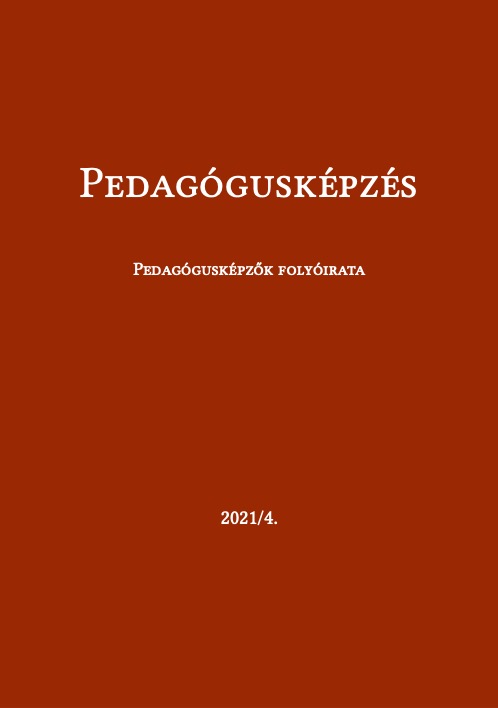Clustered higher education structure? Retention of expected earnings in higher education
DOI:
https://doi.org/10.37205/TEL-hun.2021.4.01Keywords:
higher education, career choice, moratorium orientation, persistenceAbstract
According to the international literature, career choice is a decision process influenced by value orientation, motivation and inclination, based on a rational consideration of available resources and the perceived realities of the family and the student (Boudon, 1998; Pusztai, 2015a). Students' aspirations for further education are a well-researched area. Searching for moratorium search, following intergenerational patterns, and the drivers of knowledge and relationship orientation are the focus of empirical studies (Pusztai, 2015a; Kovács et al., 2019). The aim of this paper is to explore the recruitment base of higher educational fields with different earnings promises and the impact of expected earnings on higher educational careers. We conducted our analysis using a database of quantitative research among students in five countries (PERSIST 2019). Based on expected earnings, we divided respondents into three terciles (below average, average, above average), along which we examined their social and educational background (N=2166). Our results show that social status and secondary school attainment are associated with students' career choices but that the role of these background factors seems to weaken throughout the higher educational career due to different selection mechanisms in the educational fields.
Downloads
Published
How to Cite
Issue
Section
License








